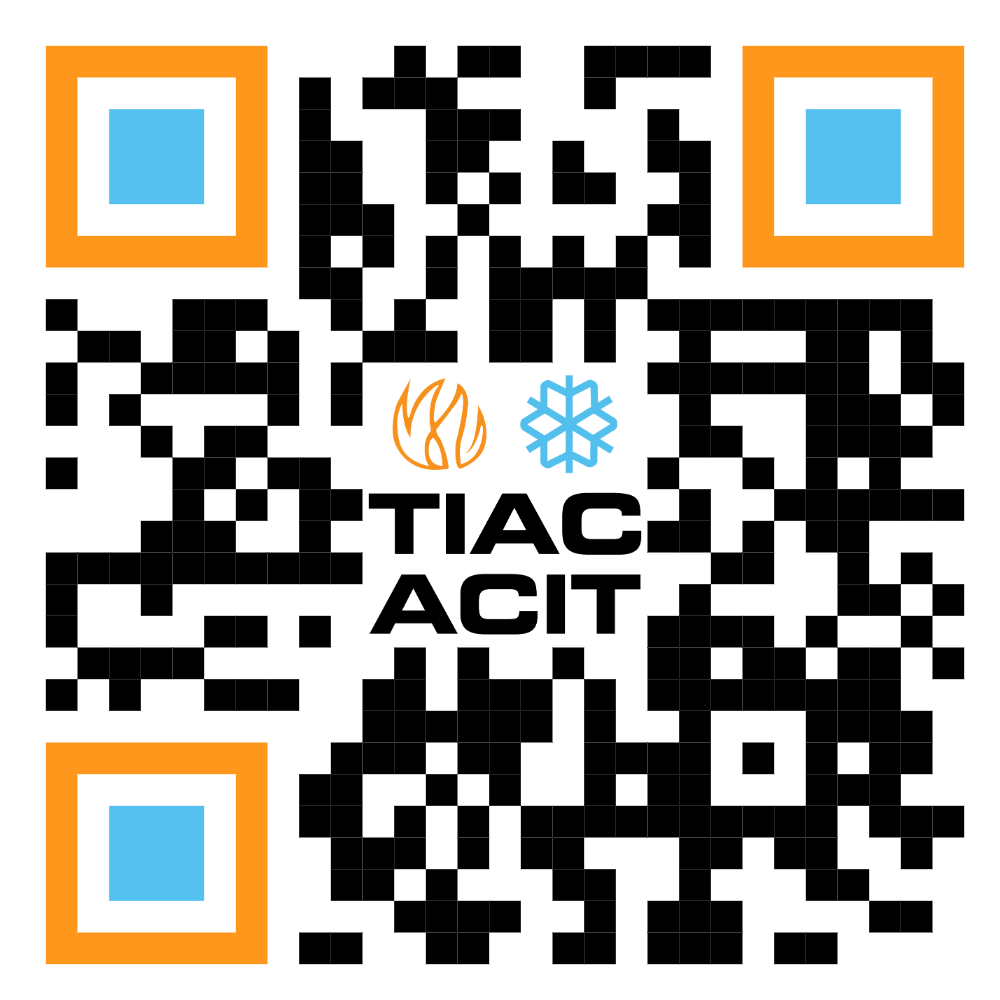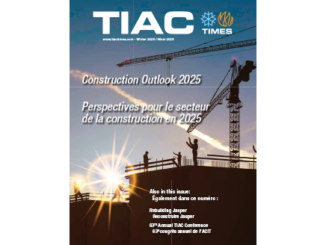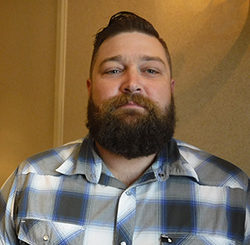By / Tristan Bertram, Director of Industry Affairs • 825-522-4834 • tristan.bertram@tiac.ca

Hello, Team TIAC!
Our 62nd conference in St. John’s offered valuable insights into the industry’s future, highlighting key growth opportunities. During the AGM, we conducted a live polling session, where 43% of attendees identified increased awareness and education for engineers, specifiers, owners, and government as the most significant opportunity for growth in the thermal insulation industry. Additionally, 22% believed that Quality Assurance Certification (QAC) programs would drive growth, another 22% emphasized the importance of a greater focus on carbon reduction, and 13% saw increased environmental regulations as a significant opportunity.
The focal opportunity from the live polling session highlights the critical need to raise awareness and educate engineers, specifiers, owners, and government officials about the value of mechanical insulation. I was both grateful and excited to see these results, as collaborating with government bodies to enhance their understanding and adoption of thermal insulation practices and regulations has been a central focus of my role here at TIAC. By fostering these relationships and providing comprehensive educational resources and data, we aim to increase our industry’s adoption and position Canada as a global leader in thermal efficiency and energy conservation.
This past August, I had the privilege of meeting with Alberta Premier Danielle Smith and Alberta’s Minister of Red Tape Reduction, Dale Nally. During the evening, I spoke with the Premier and Minister about the value of mechanical insulation and some of the challenges our industry faces, including the nationwide skilled labour shortage. I shared some data from our friends at NIA (scan the QR code for the full article), highlighting how insulating eight feet of bare 350°F pipe with two inches of insulation offsets the same amount of carbon as planting 350 trees or changing 140 incandescent light bulbs to LEDs. Premier Smith’s response to insulation’s impact on carbon reduction was, “Oh wow, that dramatic?” I don’t know if there is a better way to summarize our government’s understanding of mechanical insulation. It’s evident that our industry needs to be recognized for its true value. We know that insulation is one of the most effective ways to reduce carbon emissions, but do other external stakeholders know this? It’s clear our membership doesn’t believe so, and it’s up to TIAC to ensure this message is heard loud and clear. Please feel free to connect me with your MLA, MP, or any other government contacts you may have. The more voices we have calling on the government, the stronger and more impactful our message will be.

Although there is no surprise here, the live polling session identified QAC programs as another significant opportunity for our industry. TIAC is near the completion of our QAC program, which is poised for provincial adoption. Provincial QAC programs will ensure high standards of quality and consistency across the industry, instilling stakeholder confidence and driving further adoption of mechanical insulation best practices, as we have seen with the leadership demonstrated by the British Columbia Insulation Contractors Association (BCICA) and its QAC program. The QAC framework available to TIAC’s affiliated provincial associations is a testament to our commitment to excellence and industry advancement. As the Association d’isolation du Québec (AIQ) rolls out its Programme d’assurance qualité (PAQ), our industry takes one step further toward ensuring quality insulation practices and ultimately furthering our collective pursuit of excellence. I look forward to TIAC supporting other provincial associations in launching their QAC programs. It is an exciting time to be a part of TIAC!
One missing link we have yet to discuss is the TIAC Best Practices Guide. As this resource is referenced in the National Building Code of Canada and the National Energy Code of Canada for Buildings, it represents a significant opportunity for our industry to leverage our expertise and improve standards of practice, fostering increased quality and adoption of our industry. By crafting a unified strategy that harnesses increased awareness and understanding of mechanical insulation, QAC programs, and the TIAC Best Practices Guide, we are poised to ignite change within our industry and take a massive leap towards realizing our collective vision: a world united around environmental health without sacrificing industry.
Thank you all for continuing to support TIAC. Your membership and participation enable us to work on these initiatives and create a better future for our world and industry. Please don’t hesitate to contact me if there is anything I can help with. ▪



